Grower Stories #171: Lulu Tsui
Published
Updated
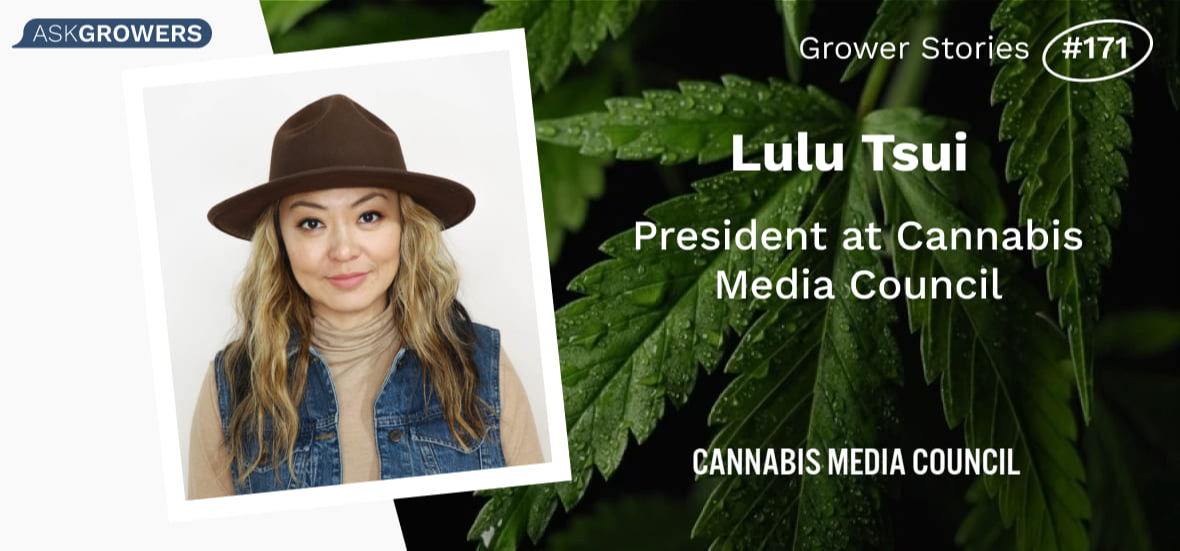
Interview with Lulu Tsui - President at Cannabis Media Council
Tia: So, you’re the president of the Cannabis Media Council - what do you do there and why did you want to start this project?
I’ve noticed you were into the UI/UX experience before, what made you change your design work into the cannabis industry?
Lulu: My background is in technology. I started making websites back in 1994. Then I started doing UX, the term used for user experience. That’s my bread and butter, and my day job. I have many passion projects. I was invited to join the Cannabis Council last year when I met two co-founders.
Amy Deneson is the force of nature here in the New York Market. Her background has been in marketing and advertising. She’s been spending a lot of time understanding the limitations around cannabis and CBD. Joyce Cenali and I became great friends. I pitched her for software that I was trying to do back in 2016. She is a woman on the money side. She’s deployed capital across different types of cannabis companies.
We decided to move forward together. The market is not very mature, but we are learning that there is power in numbers and that for all of us to win, we need to do this together.
With the Cannabis Media Council, we are trying to get our information outside our chamber. We’ve been working on marketing, advertising, and education to start growing as an industry. There have been many heavy subjects, such as justice, equity, medical, etc. We’ve come to the point where we need to start thinking and reprogramming how we look at things. There is a lot of work to undo.
Tia: I’ve noticed you have a dog. What’s his name btw? :) Do you buy cbd products for pets? If so, how does your pet like them and what are the effects for him?
Lulu: Yeah! There’s a woman here who works in our community and she is really amazing. The brand is called Happy Hound. There is another group in California called VET CBD. Then, there’s a group in Colorado.
I have been helping my cousin with the dog rescue. There was a great formula called Bluebird. The key is to test the products. Everyone is different and you can’t say one works the best across everyone. When you find the one that works, keep going with that.
Tia: How do you think people can overcome the fear and disgust by other people if they use cannabis (doesn’t matter what reasons they have)?
Lulu: A lot of it comes with the elders. What rules of health the family accepts start with grandma, grandpa, or auntie. We need to show them that it’s a medical plant. When arthritis starts happening, for example. That is how I got my mom into a dispensary.
My family is very different. I was born in China. We immigrated to Oregon when I was a child. Cannabis has been used in Chinese medicine for a very long time. But, somewhere along the line, it became a bad thing.
In the last two centuries, a lot of colonization happened, technology, and other things. Natural things were considered bad. Everything comes in waves and returns to a certain point where it was before.
But, when grandma or grandpa has pain, and you can provide them something that can help them with arthritis, or sleep, or digestion… I think it is a great place to start.
Tia: What do you think is the future of cannabis globally during the next 10-20 years? Do you think something might change in terms of perception and usage worldwide?
Lulu: We have two industries right now. One has medicinal value and other the adult use. For me, merging into one thing is not the correct way of doing it. I am not the same consumer as someone who’s going through chemo. I need 5 milligrams when I go out. I don’t drink. It is just something that helps me relax. The situation is different for someone who is going through much pain. They need more access. They need a completely different way of approaching their treatment as someone recreational.
I would love to see government or states regulating it within two different sections. I would love to see a divergence in terms of regulation and access. Cancer or HIV patients might need 1000 milligrams to function and get the relief that day. And 1000 milligrams is $750 or something.
In my perfect world, that would happen. And maybe it will, in five or ten years. We will see. I hope it will. But that would be great.
Tia: If you could smoke with anyone on this planet who’d that be and why?
Lulu: Oh, Maya Angelou. She passed. She was an African American poet, a creative, wise woman. I would love to share a joint with her and learn from her and talk about life. I always loved to hang out with elders. They have so much wisdom. During COVID, we were taking care of my partner’s grandmother. I think it was a very special experience. Elders will always say to you: don’t read the news, just relax, you are fine.
Tia: What would be your message to people in the cannabis industry?
Lulu: OK, if you’re a user, and you’re starting, I would say start slow and build up. I’m very conservative. Everybody was there at that moment. They took something, and they didn’t know how many milligrams and how potent it was. And then, you are like, well… This is going to be an interesting ride. So, experiment and explore, but start slow.
You can get really excited around cannabis, but for some reason, nobody does their due diligence. If you were going to buy a house, you would check everything, including the leaks and all these things, to make sure all is well. Or if you were doing another business. You want to open up a bakery, for example. You would do a deep exploration into the other person and their background.
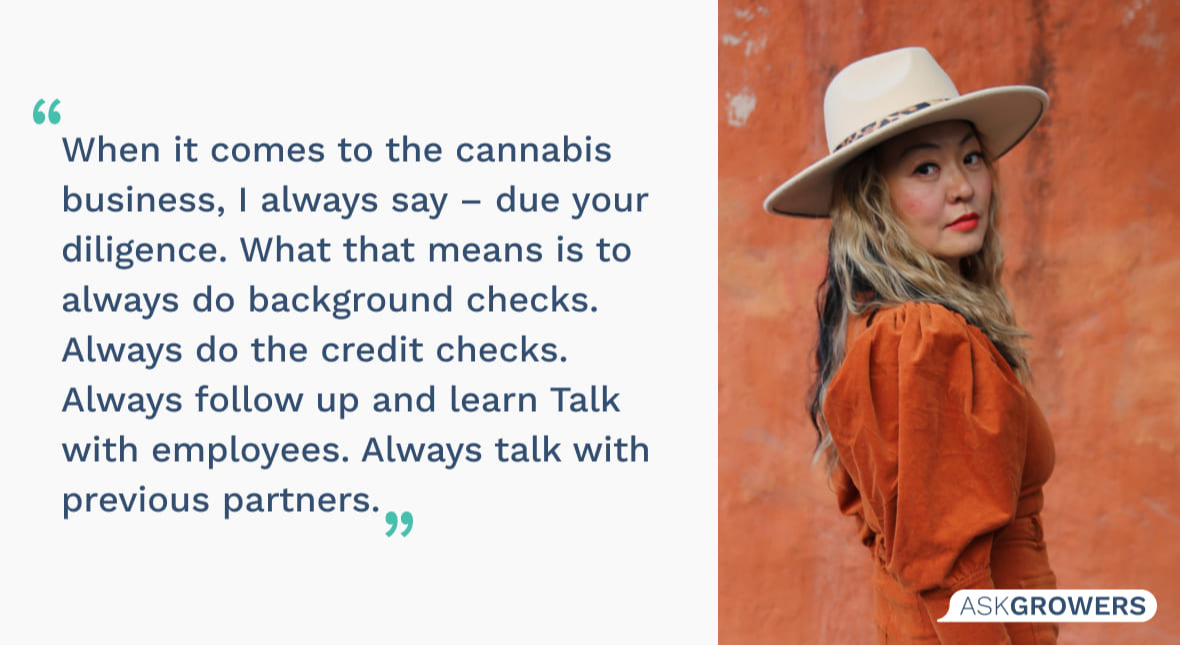
I heard these stories many times. I myself have been burned a lot of times. I was very impressed by someone’s resume. I was impressed by their reputation. We need to find the right people to work with. Many come, and they are the CEO of this or CEO of that. But often, they had a team of people supporting them. In the cannabis industry, you don’t always get that team. Sometimes, you are stuck with people that have really good resumes that just sit there.
So, my advice would be always to due your diligence. Do the background check. Talk with people. Find good people to work with.
Thank you so much, Lulu, for taking time and taking part in the interview with AskGrowers.
You can follow Lulu Tsui at:
Instagram

 Interviews
Interviews
.png)
.png)
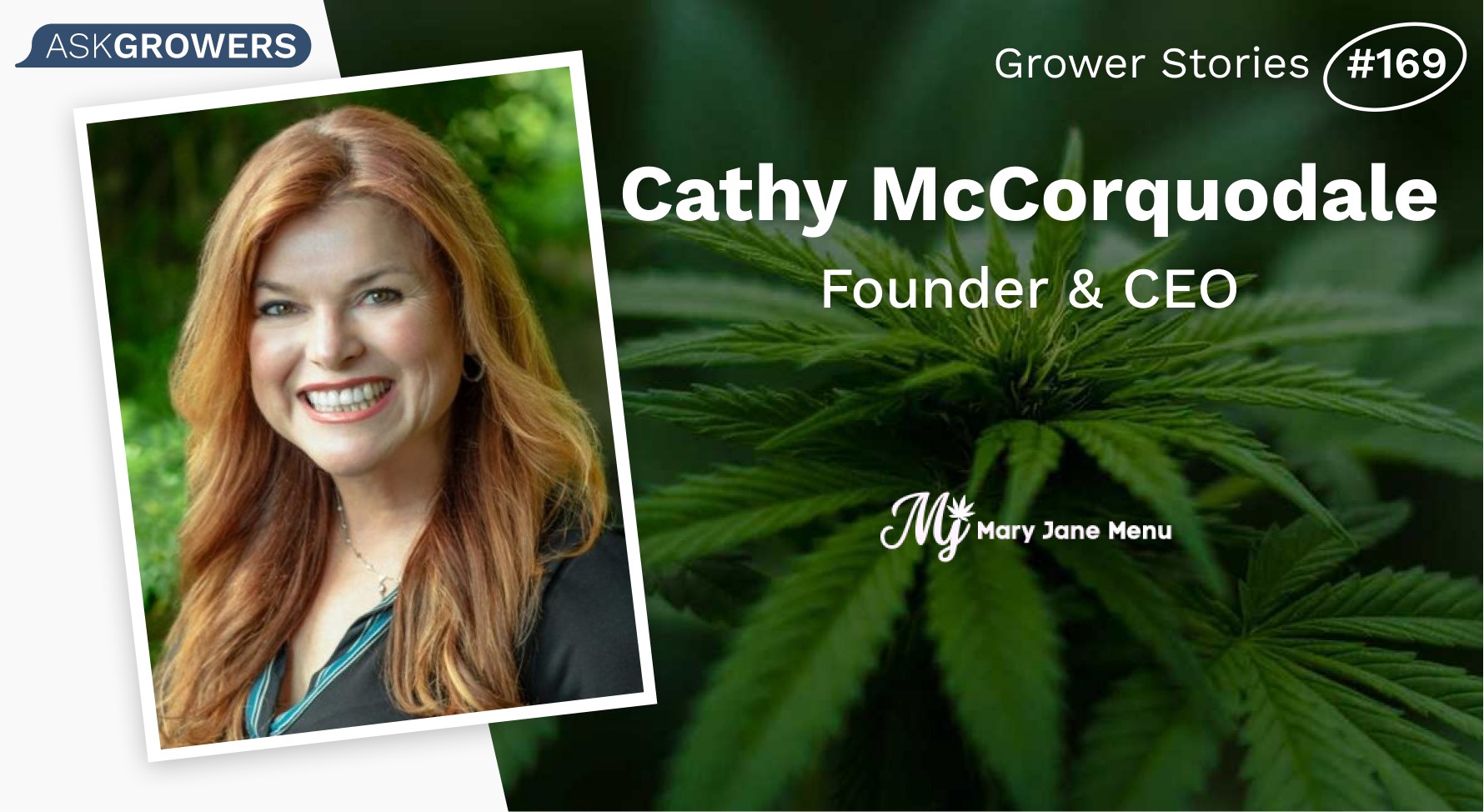
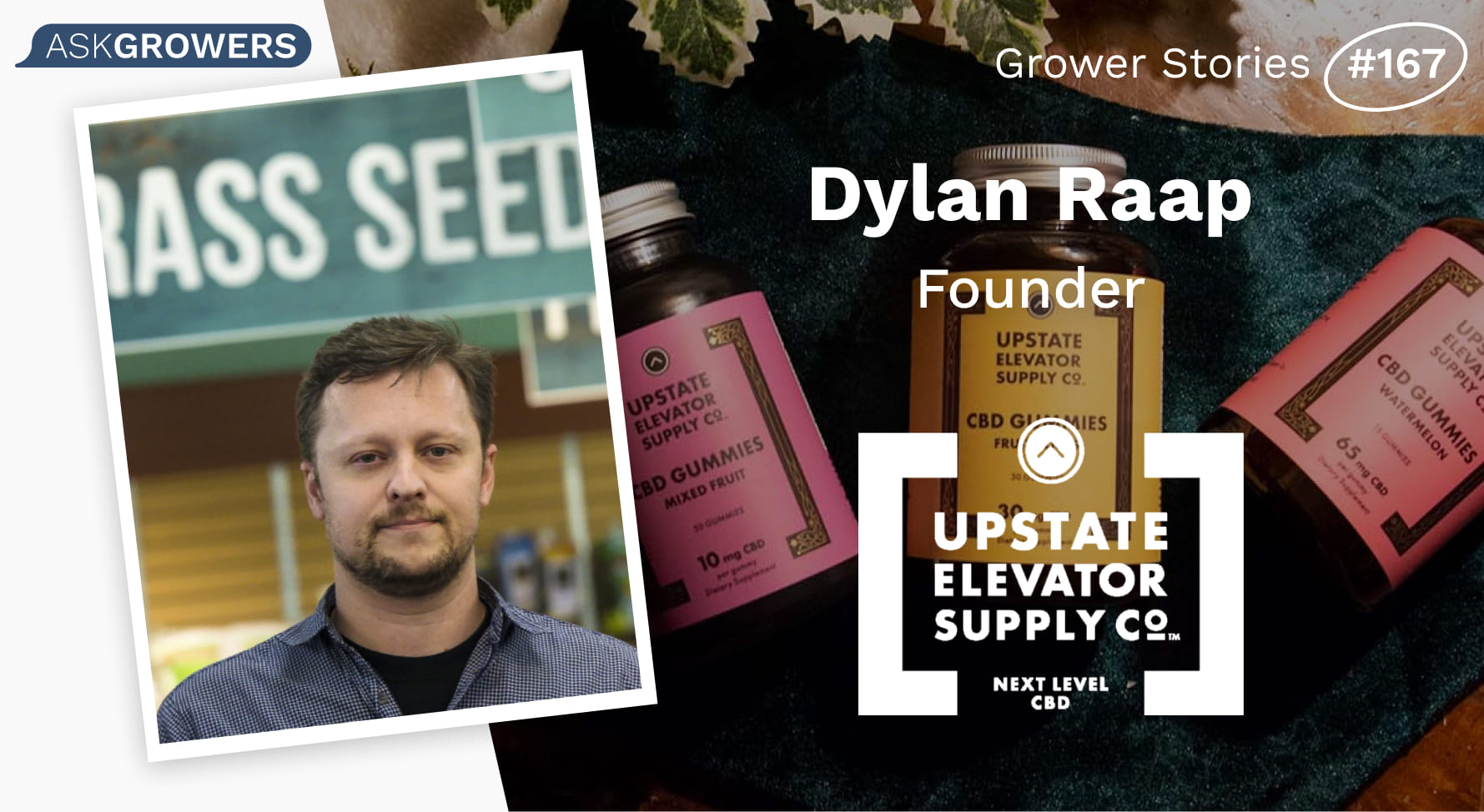
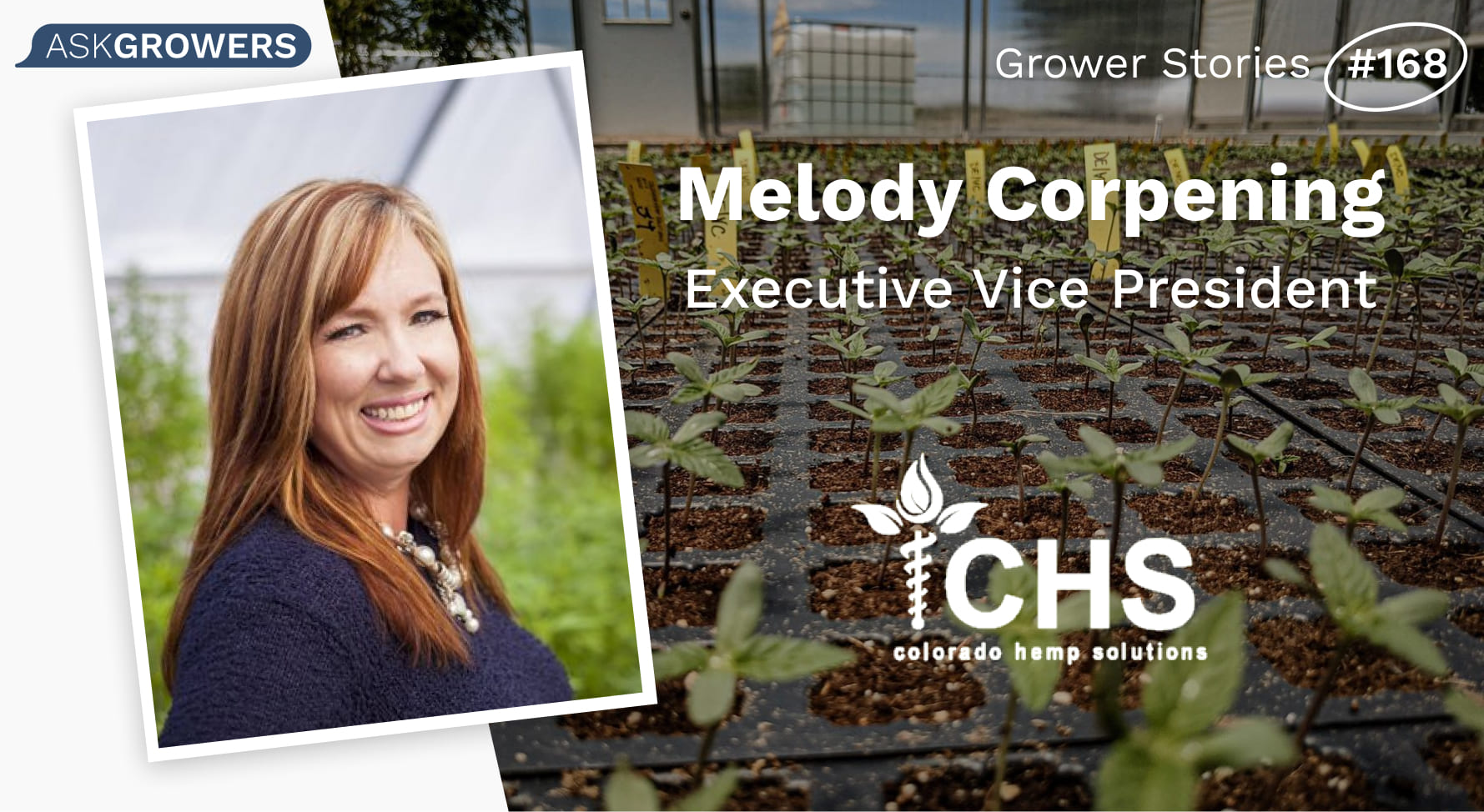
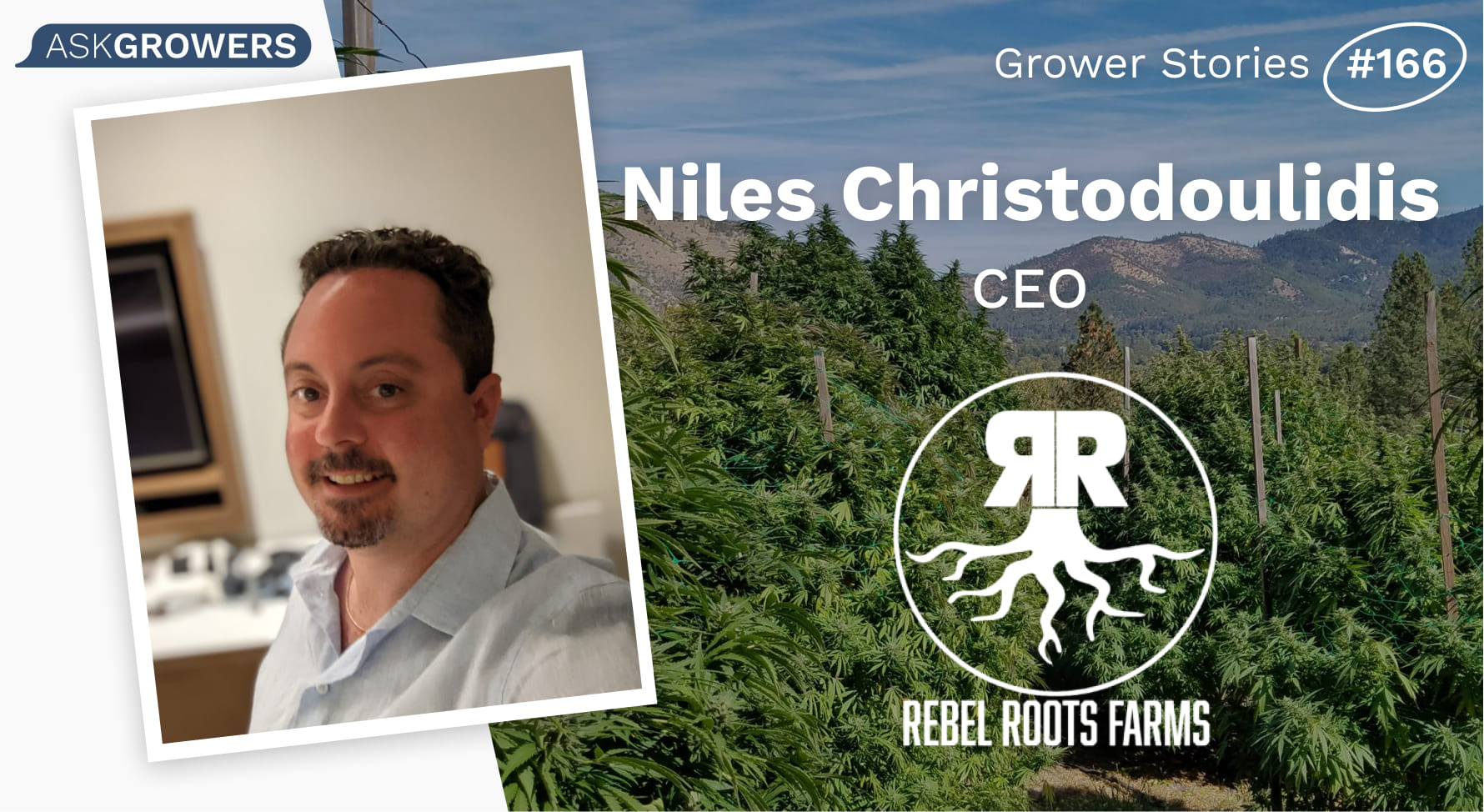
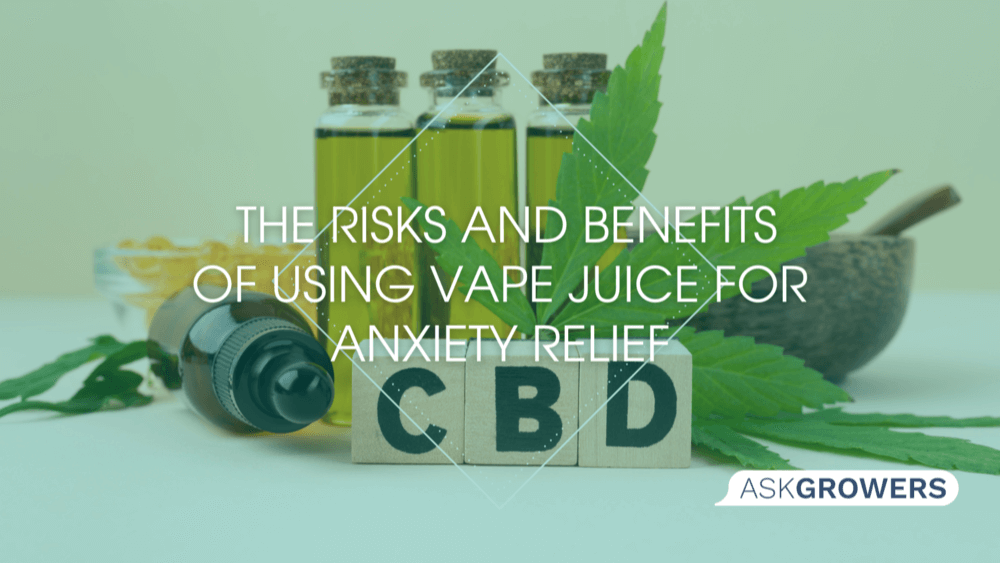
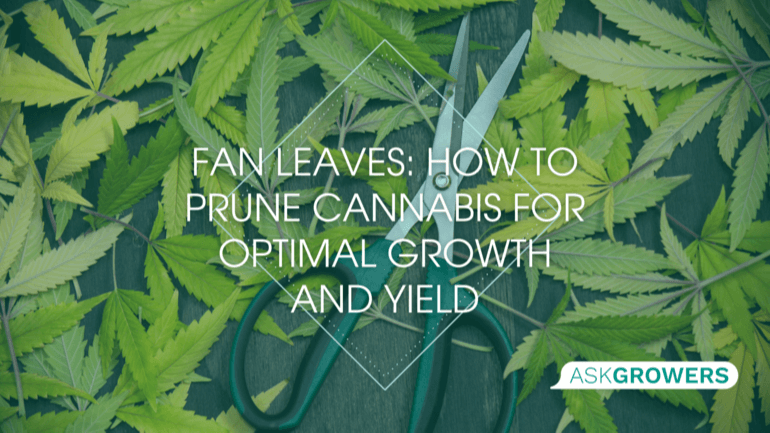
 (1).png)
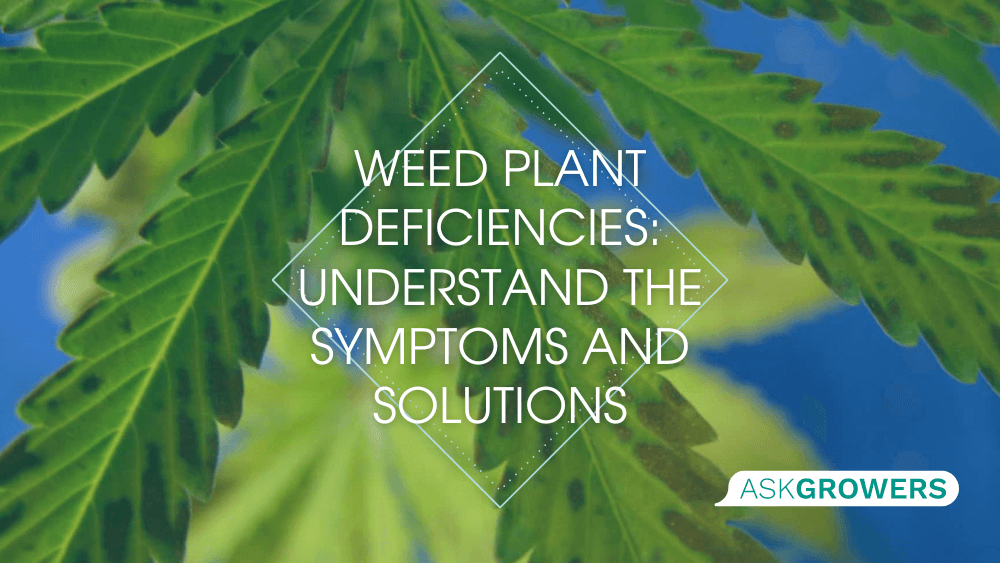
.jpg)
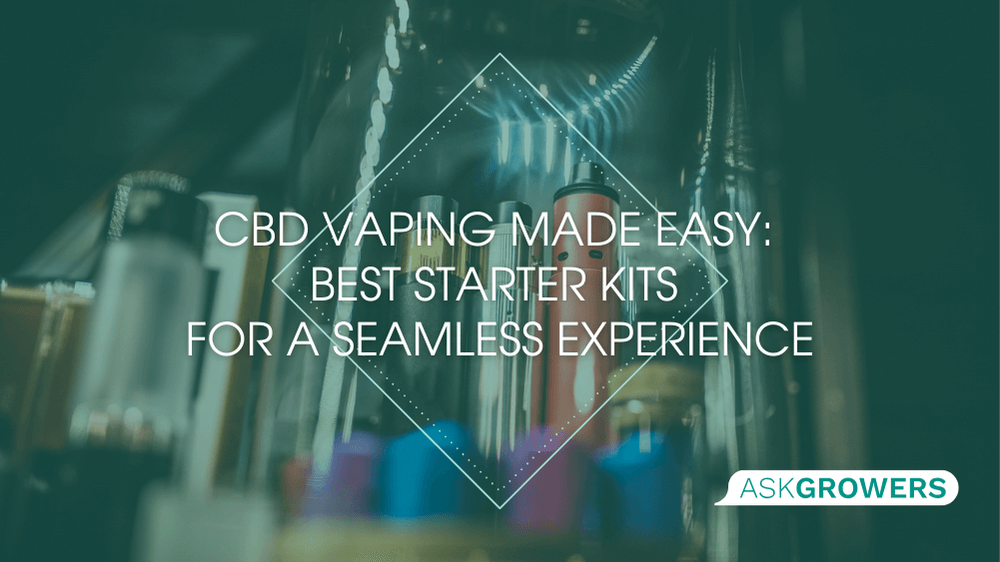
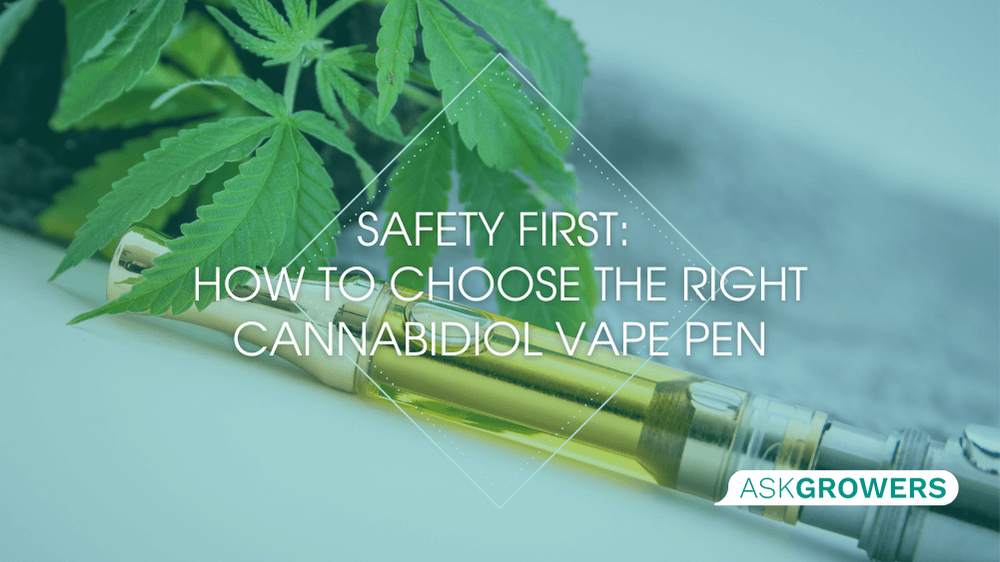
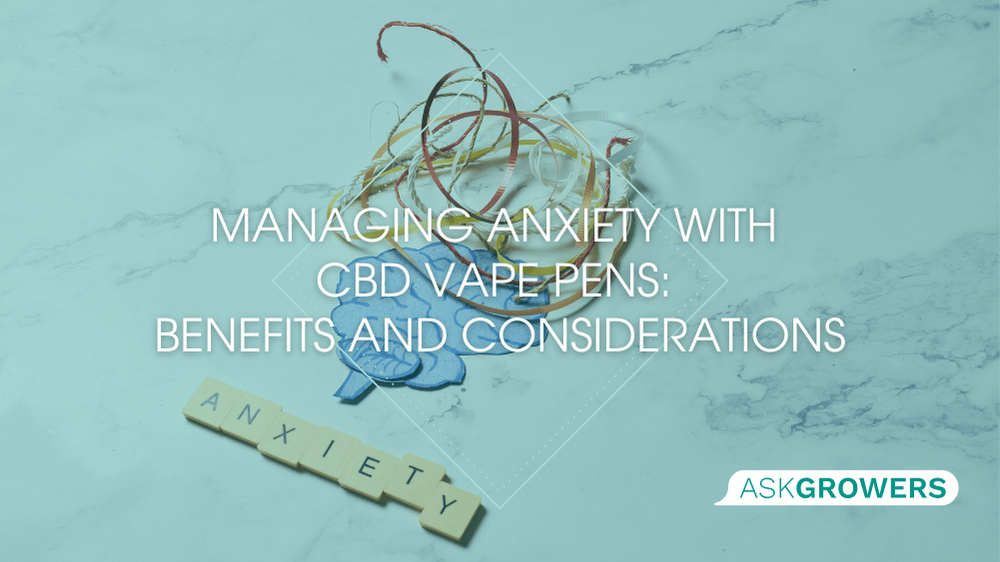
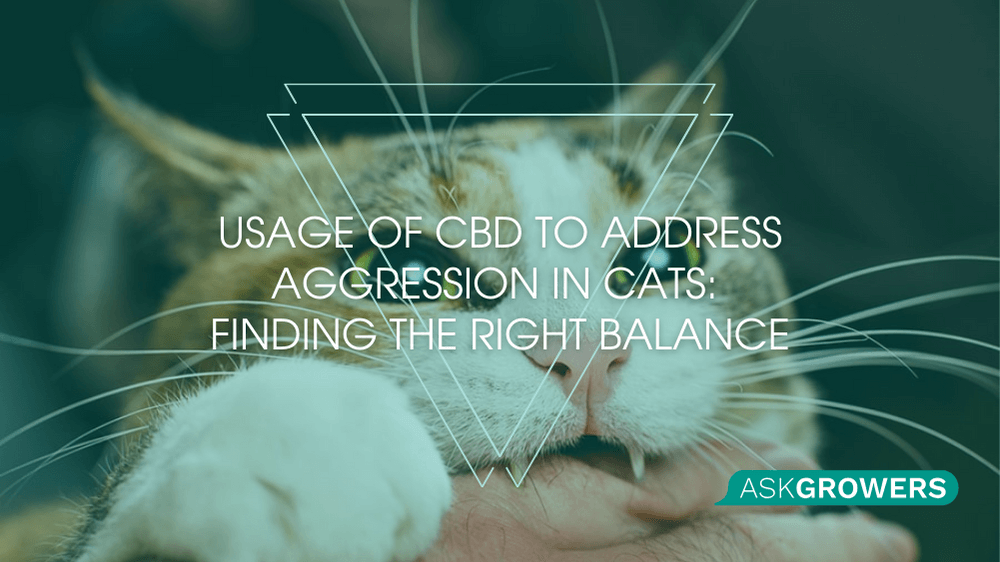
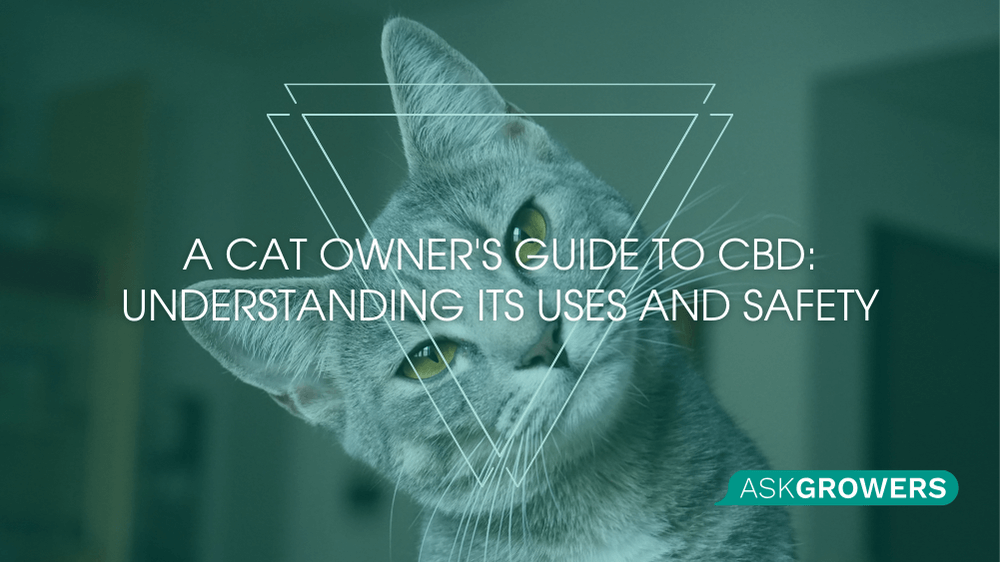
Be the first and share your opinion
Write a Review